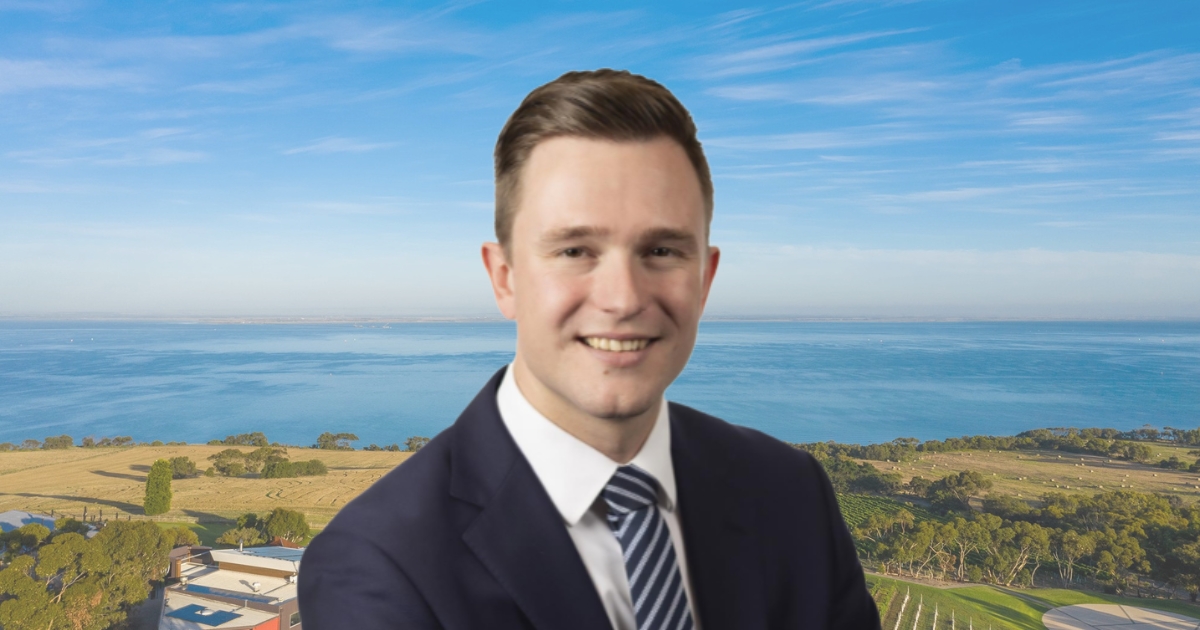“Divisive” proposal doomed referendum, MP says

Victorian Liberal Senator Sarah Henderson (right) with prominent “no” campaigner Nyunggai Warren Mundine. Photo: FACEBOOK/SARAH HENDERSON MP
ONE of the Geelong region’s leading campaigners for the “no” case for the Voice to Parliament has claimed the “divisive” nature of the proposal explained its unpopularity outside the major cities.
Victorian Liberal Senator Sarah Henderson was one of the few prominent local backers of voting “no”, and hosted a public event in Geelong with high-profile “no” supporter Nyunggai Warren Mundine in August.
“For many months, it has been clear that Labor is more interested in the activists, inner-city elites and big corporations rather than in ordinary Australians,” Ms Henderson said in a statement issued the day after Saturday’s referendum.
“Labor’s Voice was all about dividing our country, not uniting us as one Australia, and regional and outer-suburban Victorians voted against changing our Constitution in droves.”
In response to questions from this newspaper about what the Coalition would do in the wake of the Voice’s defeat, Ms Henderson said on Tuesday of this week that the Coalition would continue its “needs-based approach to tackling Indigenous disadvantage”.
“What matters is that the referendum doesn’t divide us as a people, and that we accept the result in this great spirit of our democracy.
“We will continue to do our utmost to lead with courage and do what is right to implement the practical solutions required to improve outcomes and close the gap.
“The Coalition is again committing to a Royal Commission into Child Sexual Abuse in Indigenous communities.
“We have also committed to an audit into spending on Indigenous programs so that we can get the money where it’s needed – to those families in regional and remote areas.
“There remains an urgent need to boost law and order, increase school attendance and build employment in many remote communities.”
Polwarth Liberal MP Richard Riordan said his immediate reaction to Saturday’s result was that “a great divide had formed” on the issue in Australia.
“You can’t really argue with the fact that there is a wealth index that’s at play here in the way people interpret the meaning, benefit and need of the Constitutional change that was put forward.”
He said one of his great fears was that political debate in Australia was now often “hijacked” by those “all too ready to throw stones and cast dispersions at people’s motives for wanting to do something”.
“It was a great concern to me, which is why I deliberately stayed out of the debate because both sides needed to be listened to.
“There was a public narrative going around that if you voted ‘yes’ you were progressive and kind, and if you voted ‘no’ you were mean and racist.”
Mr Riordan said the Coalition in Victoria “was a long way off government yet” but all state governments needed to tread carefully.
“About listening more and taking more into account from First Nations people and our local Aboriginal communities, I don’t think that’s really in question.
“At a localised level, on Wadawurrung or Eastern Maar Country, there is already great transformation.”
He said the results in Polwarth did not give him any guidance about what voters in his electorate thought or wanted to be done.
“I think I’ve got a polling booth with both extremes – a 20-something per cent no, a 20-something per cent yes, and everything in between.”

















